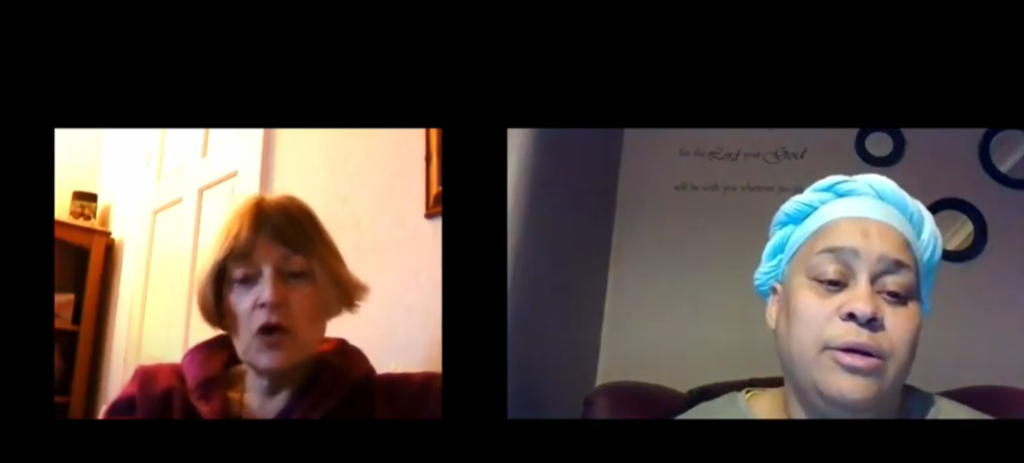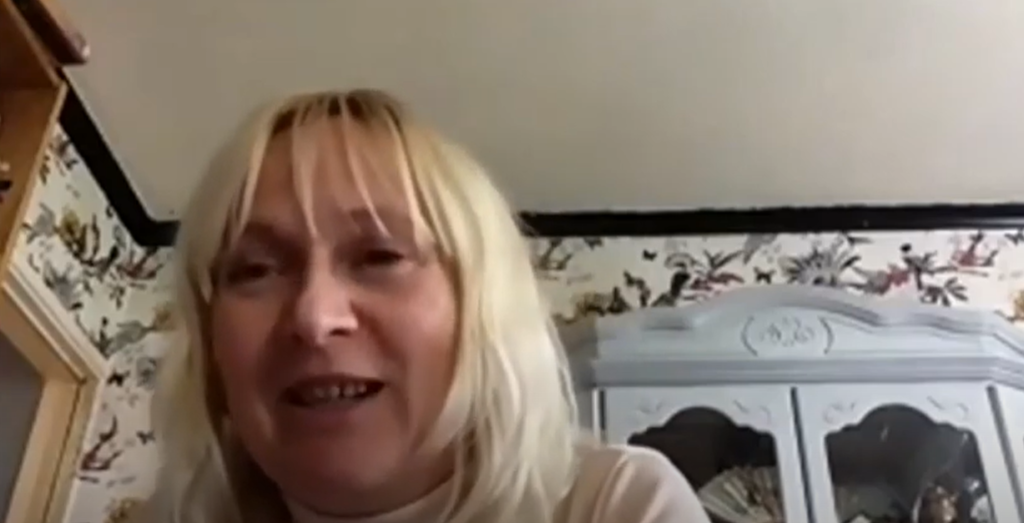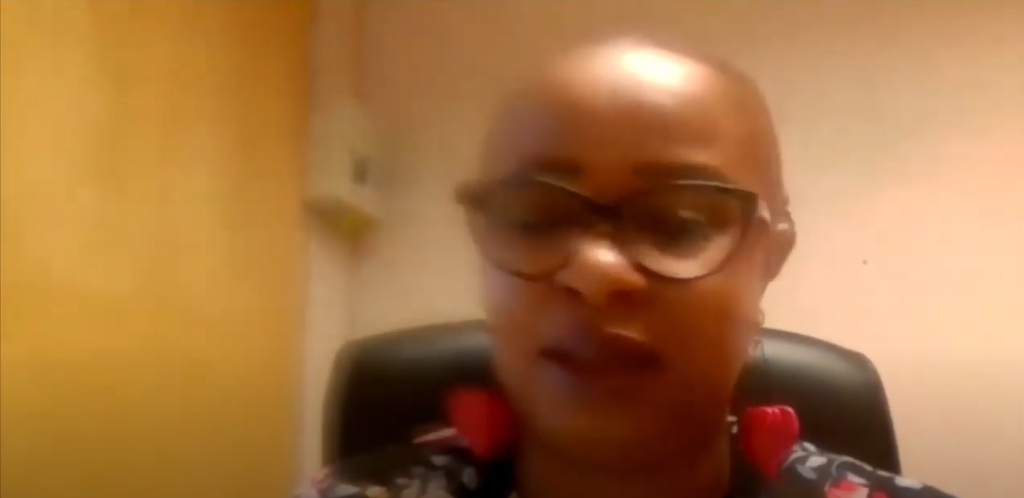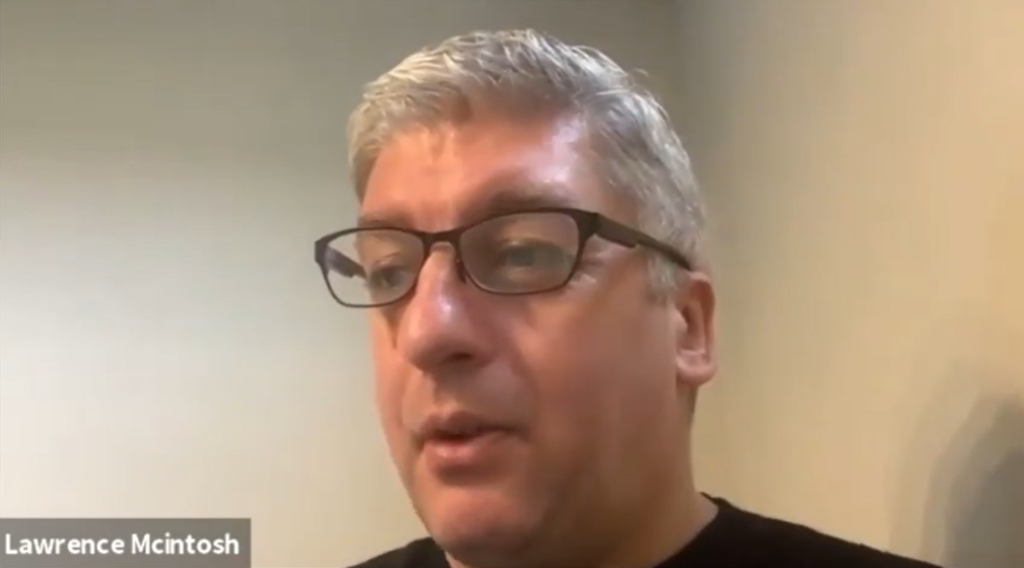IDEAS ALLIANCE Community Conversations: The Impact of COVID-19

Like communities all over the country, the residents of Fitton Hill, Salford and Stockbridge Village have been hit hard by the effects of the COVID-19 pandemic and the resulting lockdowns. Lockdown has been a negative and difficult experience for many people and the isolation and lack of social contact has impacted upon their wellbeing. However, the stories also reveal how people have adapted their ways of working and socialising, and continued to support one another throughout the crisis. Indeed, many of the residents tell us that they believe the pandemic has brought them closer to their neighbours. COVID also impacted on people’s health and wellbeing in other ways, by restricting their access to exercise and the outdoors, and sometimes by suffering from the effects of the disease itself.
Living through a pandemic has been difficult for everybody, and the major impacts on freedom, socialising and work have affected everyone, but they haven’t affected everyone equally. Some people without access to green space and exercise facilities have struggled to maintain their physical and mental health. A lack of groups and ways to connect socially has left many people feeling isolated, bored and desperate for connection. However, the pandemic has for some people had positive impacts in that it has brought them closer to their immediate neighbours, allowing them to forge new social relationships and mutual support networks. It has also created an atmosphere in which volunteering in the community has flourished. The challenge will now be to ensure that the community values and friendships that were created amongst hardship can be supported to continue as part of the recovery and reopening as the vaccine programme allows society to open up once again.
Want to explore more? Then listen to some story extracts that have informed this insight briefing by clicking on the links below:
• Impact of COVID-19 Story Extract 1
• Impact of COVID-19 Story Extract 2
• Green Spaces Story Extract



